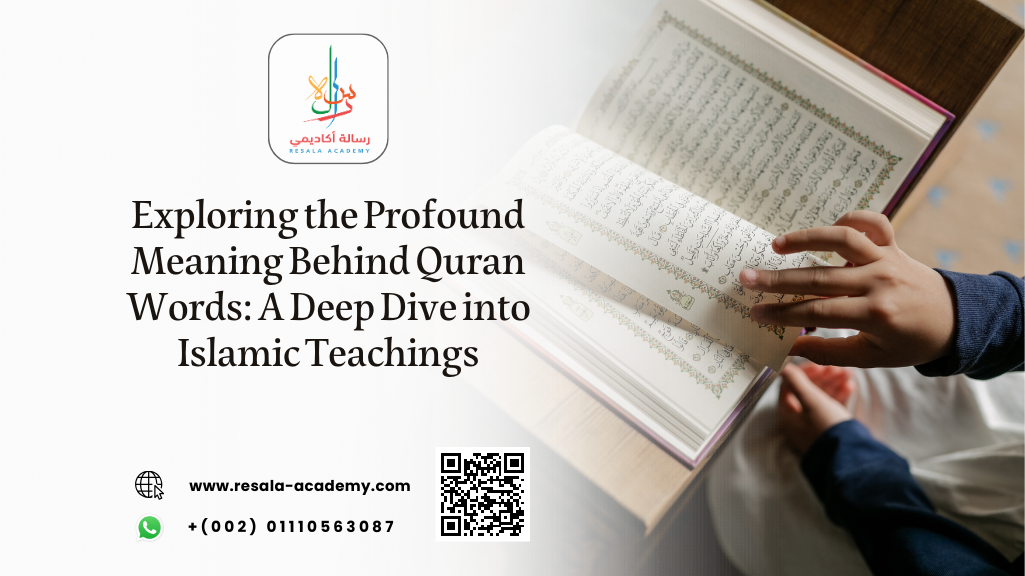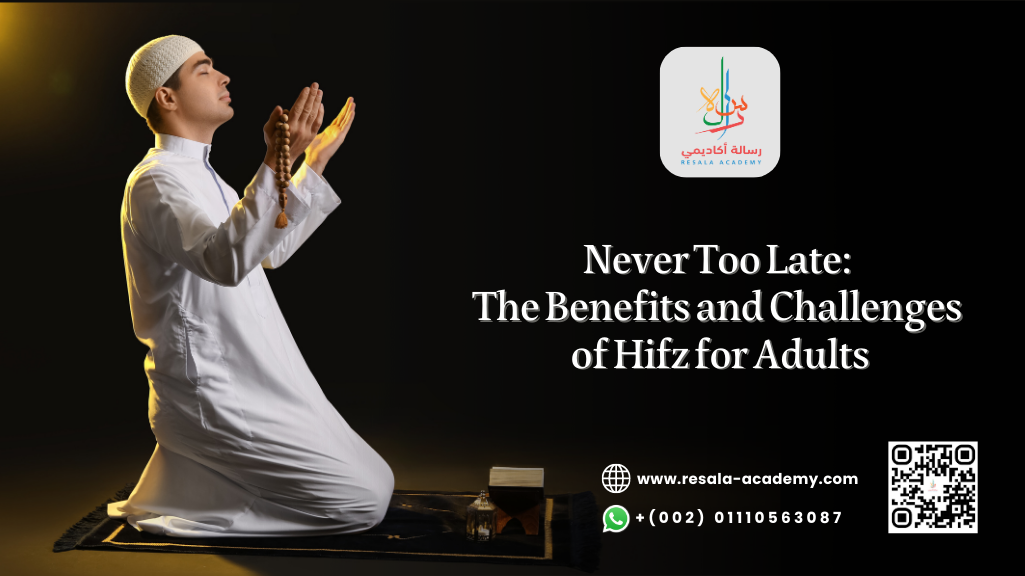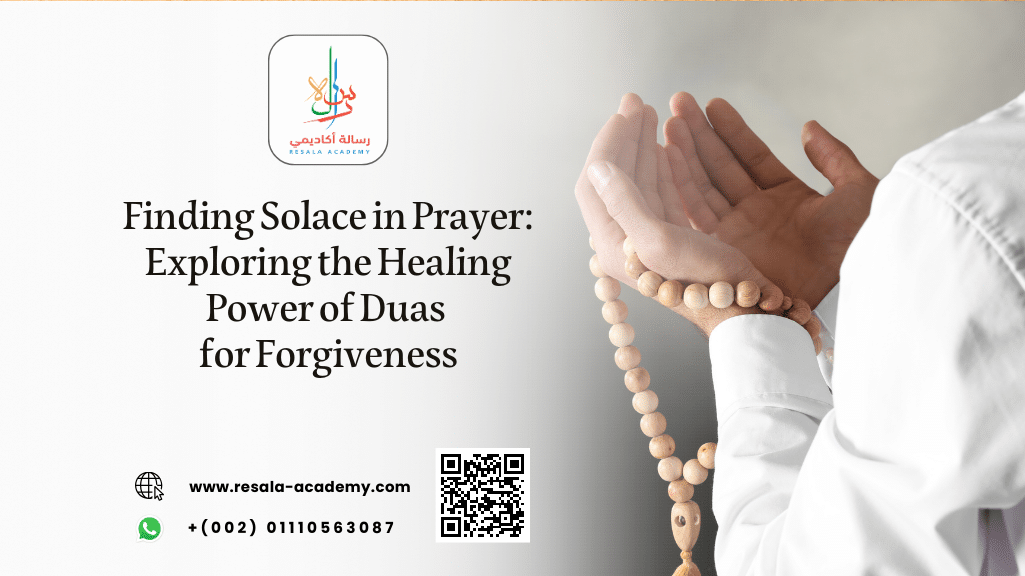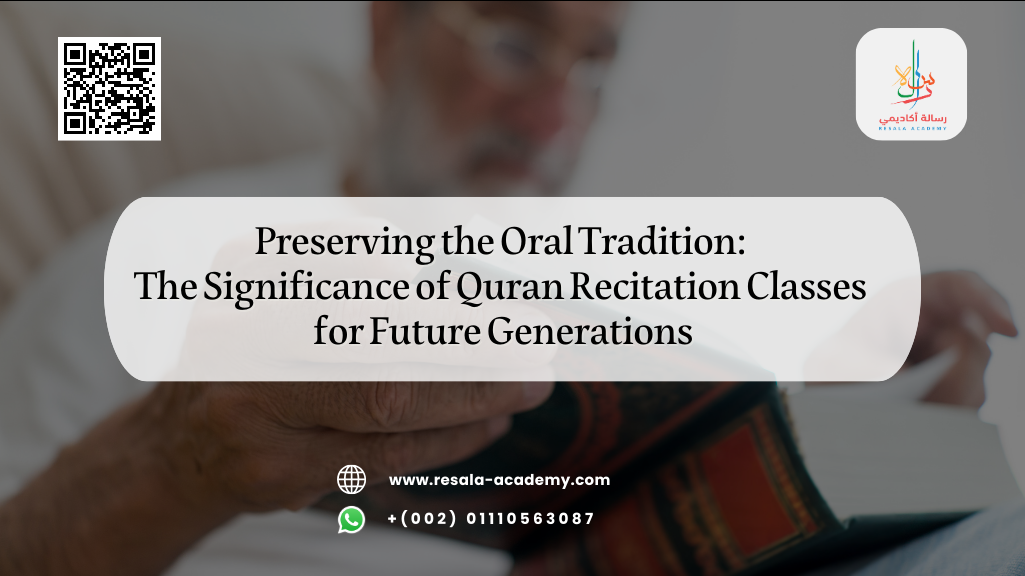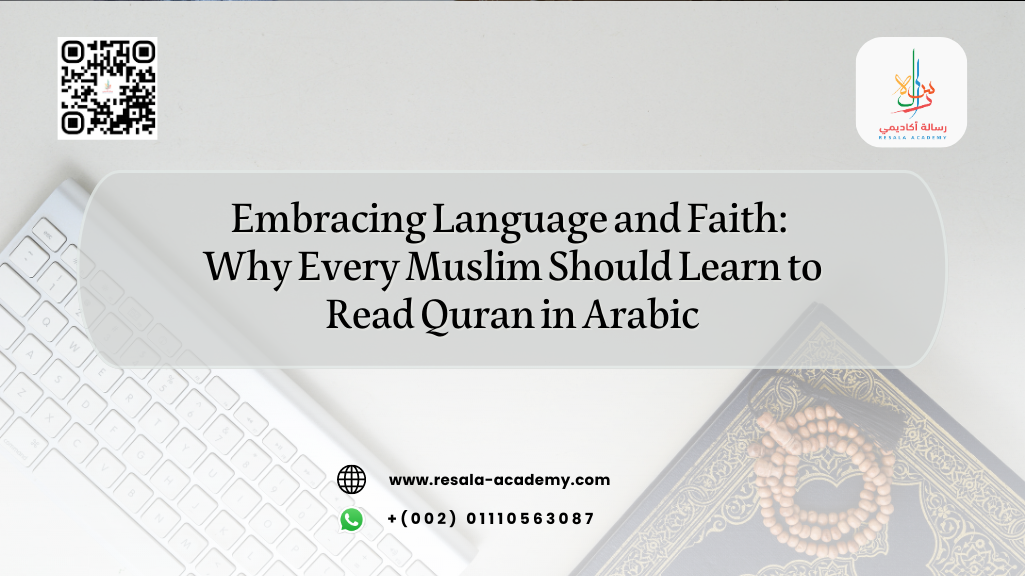Table of Contents
Exploring the Profound Meaning Behind Quran Words: A Deep Dive into Islamic Teachings
Unlocking the profound wisdom and eternal guidance of the Quran is like embarking on a journey into the depths of spirituality. This sacred scripture, revered by millions around the world, holds within its verses an ocean of knowledge and divine teachings that transcend time and space. The Quran’s words are not mere letters strung together; they carry immense power, providing solace to troubled hearts, illuminating minds with truth, and inspiring souls toward righteousness. In this captivating blog post, we will delve into the mesmerizing world of Quran words – their importance, significance, and how they shape our faith. Brace yourself for a deep dive into Islamic teachings as we explore these beautiful Arabic words that hold profound meaning in every aspect of life. So grab your virtual scuba gear as we embark on this fascinating exploration together!
Importance and Significance of Quran Words
In the world of Islam, the Quran holds an esteemed position as the holy book of guidance and wisdom. Its words are not mere text on a page; they hold immense importance and significance for Muslims around the globe. Each word in the Quran is carefully chosen and carries the profound meaning that has shaped Islamic teachings for centuries.
Understanding these words is crucial because it allows believers to delve deeper into their faith and spirituality. The Quranic words serve as a roadmap, guiding individuals toward righteousness, compassion, justice, and personal growth.
One cannot truly comprehend the power of these words without understanding the Arabic language. Arabic is considered to be sacred in Islam because it was through this language that Allah revealed His message to Prophet Muhammad (peace be upon him). By studying Arabic, Muslims gain a deeper connection with their faith by directly engaging with its original form.
The impact of Quranic words goes beyond just religious rituals; it influences every aspect of a believer’s life. These powerful words shape attitudes toward family dynamics, relationships with others, societal interactions, ethical conduct, and even personal development.
By analyzing key Quranic words such as Tawheed (monotheism), Iman (faith), Adl (justice), Sabr (patience), and Taqwa (God-consciousness), Muslims gain invaluable insights into how they should navigate their daily lives. These concepts guide maintaining strong moral values while facing challenges or making important decisions.
Unfortunately, there are misconceptions surrounding certain Quranic words due to misinterpretation or lack of knowledge about Islam. Both Muslims and non-Muslims alike need to seek accurate information from reliable sources to fully understand these terms within their proper context.
Applying Quranic principles in personal development helps individuals strive for excellence in all aspects of life – whether it’s professional growth or nurturing relationships with loved ones – by embodying qualities like kindness, forgiveness, humility, and gratitude.
For those seeking to deepen their understanding of Quranic words, there are numerous resources available, such as Tafseer (exegesis), Hadith (sayings of Prophet Muhammad), and scholarly interpretations. These sources provide invaluable insights that allow believers to gain a deeper understanding of the Quranic words and their significance in their daily lives.
In conclusion, the Quranic words hold immense importance and significance for Muslims as they serve as a guide for living a fulfilling and purposeful life. Understanding these words not only strengthens one’s faith but also helps individuals become better versions of themselves by embodying Islamic values and principles.
Understanding the Arabic Language in Islam
One of the fundamental aspects of delving into the profound teachings of Islam is gaining a deeper understanding of the Arabic language. The Quran, being revealed in Arabic, holds immense significance and beauty that can only be truly appreciated through comprehension of its original language.
The Arabic language has a rich history and is known for its intricate grammar and unique linguistic features. It is a language that carries depth and precision, enabling it to convey complex meanings with subtlety. Within Islamic teachings, every word in the Quran holds deep significance – from individual letters to entire verses.
By studying Arabic within an Islamic context, one gains access to a treasure trove of wisdom contained within the words themselves. Each word conveys layers upon layers of meaning, allowing for multiple interpretations and insights into spiritual concepts.
Furthermore, grasping the nuances of Arabic allows individuals to engage directly with primary sources such as Hadith (sayings) and Tafsir (interpretation). This opens up opportunities for personal reflection on divine guidance while also fostering appreciation for cultural heritage among Muslims worldwide.
Acquiring knowledge about the Arabic language provides believers with a gateway to connect more intimately with their faith. It enables them to develop a deeper connection with Allah’s message by exploring each word’s multifaceted meanings—each carrying immense weight in shaping their worldview and spiritual growth.
The Impact of Quranic Words on Faith and Spirituality
As we delve deeper into the profound meaning behind Quran words, it becomes evident that these words hold immense power and significance in shaping one’s faith and spirituality. The Quran is not merely a book of religious teachings; it is a guide for life, providing wisdom, guidance, and solace to millions around the world.
When believers engage with the Arabic language in which the Quran was revealed, they unlock a unique connection with their Creator. Understanding the linguistic nuances of Quranic words allows individuals to grasp the true essence of its message. It enables them to develop a more intimate relationship with Allah (SWT) by comprehending His divine instructions and revelations.
These sacred words have an unparalleled impact on faith and spirituality. They inspire believers to lead lives rooted in righteousness, compassion, justice, and humility. The beautiful verses of the Quran touch hearts and souls alike, stirring emotions within individuals as they reflect upon its timeless teachings.
Quranic words also serve as a source of strength during challenging times. When faced with adversity or uncertainty, reciting specific verses can provide comfort and reassurance that help is near – that Allah (SWT) is always present through trials and tribulations.
Furthermore, the Quranic words have a transformative effect on one’s character and behavior. As believers strive to embody the qualities and values promoted in the Quran, they become more mindful of their actions and develop a deeper understanding of the purpose of their existence. They become more conscious of their relationship with Allah (SWT) and strive to improve it continually.
Moreover, Quranic words promote inner peace and tranquility by reminding individuals to trust in Allah (SWT) and His plan for them. The concept of tawakkul (reliance on Allah) is emphasized throughout the Quran, encouraging believers to let go of their worries and put their trust in the Almighty.
The Quran also contains numerous stories and parables that serve as valuable lessons for believers. These stories teach us about faith, patience, resilience, and many other virtues essential for spiritual growth. Through these stories, readers can see how faith can move mountains and how Allah (SWT) rewards those who remain steadfast in their belief.
In addition to its impact on individual spirituality, Quranic words also play a significant role in fostering a sense of community among believers. Reciting verses together during prayers or gatherings creates a powerful bond between individuals who share a common love for the Quran.
In conclusion, the Quranic words hold immense power in shaping one’s faith and spirituality. They are a source of guidance, strength, and comfort for believers, reminding them of their purpose and strengthening their connection with Allah (SWT). As we strive to understand and implement the teachings of the Quran in our lives, may it continue to inspire and uplift us on our journey toward spiritual growth.
Analyzing Key Quranic Words and Their Meanings
The Quran, being the holy book of Islam, is filled with profound words that carry deep meanings. Each word has been carefully chosen to convey a specific message and guide believers in their spiritual journey. Let’s take a closer look at some key Quranic words and unravel their significance.
One such word is “Tawheed,” which refers to the concept of monotheism or the belief in the oneness of God. Understanding Tawheed helps Muslims develop a strong relationship with Allah, recognizing His supreme power and submitting themselves entirely to Him.
Another powerful term is “Ihsan,” which means excellence or perfection in worshiping Allah. It encourages Muslims to strive for righteousness, sincerity, and virtuous conduct in all aspects of life.
“Qadar” is another crucial word that encompasses the concept of predestination or divine destiny. This belief teaches Muslims to trust in Allah’s plan for them while also emphasizing personal responsibility and accountability.
We cannot overlook the importance of “Salaam,” meaning peace. The Quran emphasizes spreading peace within oneself, one’s family, society, and even across nations. This principle promotes harmony among individuals regardless of their differences.
Furthermore, “Sabr” represents patience and steadfastness during challenging times. It teaches believers not only to endure hardships but also to maintain an optimistic outlook by relying on Allah’s guidance.
Reflecting upon these key Quranic words enables us to gain deeper insights into our faith as we explore their multifaceted meanings and applications in our daily lives as Muslims.
How These Words Guide Us in Daily Life
The Quran, with its rich and profound words, serves as a guiding light for Muslims around the world. Its teachings provide us with valuable insights on how to navigate through the complexities of daily life. Each word carries a deeper meaning and offers practical wisdom that can shape our thoughts, actions, and relationships.
One such word is “Sabr,” which translates to patience. In our fast-paced lives filled with challenges and setbacks, embracing patience allows us to maintain composure and persevere through difficulties. It reminds us to trust in Allah’s plan and have faith that better days lie ahead.
Another important concept is “Shukr,” or gratitude. By cultivating an attitude of gratitude, we shift our focus from what we lack to appreciating the blessings bestowed upon us. This mindset not only enhances our spiritual well-being but also strengthens relationships as we express appreciation towards others.
Furthermore, the Quran emphasizes the value of “Tawakkul” or reliance on Allah. In a world where control seems elusive at times, trusting in Allah’s guidance provides solace and reassurance amidst uncertainty. It encourages us to take action while acknowledging that ultimate outcomes are in His hands.
Additionally, the Quran teaches us about forgiveness (“Maghfirah”) – both seeking it for ourselves and extending it to others. Letting go of grudges frees our hearts from negativity and fosters an environment of compassion and understanding.
Moreover, words like “Ihsan” (excellence) remind us to strive for excellence in all aspects of life – whether it be personal growth or professional endeavors – by giving our best effort without expecting anything in return.
These powerful words guide Muslims toward leading meaningful lives rooted in purposeful action driven by faith principles rather than whimsical desires alone.
By incorporating these teachings into our daily routines – practicing patience during challenging moments; expressing gratitude for even the smallest blessings; relying on Allah’s plan; forgiving others and seeking forgiveness; and striving for excellence in all areas of life – we can cultivate a sense of inner peace and fulfillment. We are reminded to constantly align our actions with the values taught in the Quran, allowing us to lead a balanced and purposeful existence.
Misconceptions about Quran Words
When it comes to any religious scripture, misconceptions are bound to arise. The Quran, being the holy book of Islam, is no exception. Unfortunately, there are numerous misunderstandings surrounding the words and teachings found within its pages.
One common misconception is that the Quran promotes violence. This couldn’t be further from the truth. While there are verses that discuss warfare in certain contexts, they must be understood within their historical and social context. The Quran emphasizes peace as a fundamental value and encourages believers to strive for harmony and justice.
Another misconception is that women are oppressed in Islam based on selective interpretations of certain verses. However, when one delves deeper into these verses with proper knowledge and understanding of Arabic language nuances, it becomes evident that Islam grants women rights and empowers them in various aspects of life.
Additionally, some people mistakenly believe that the Quran supports forced conversions or compels non-Muslims to abandon their beliefs. In reality, Islamic teachings emphasize free will and respect for diverse faiths.
It’s crucial to approach the study of the Quran with an open mind and seek guidance from knowledgeable scholars who can provide accurate interpretations based on linguistic analysis, historical context, cultural factors, and overall Islamic principles.
By dispelling these misconceptions surrounding Quranic words through education and dialogue rooted in accurate understanding, we can promote a more accurate and nuanced understanding of Islam and its teachings.
Resala Academy Offers Online Quran Classes
Resala Academy is a leading institution that offers online Quran classes, providing an accessible and convenient way for individuals to deepen their understanding of the holy book. With expert instructors and a comprehensive curriculum, Resala Academy ensures that students receive a quality education in the comfort of their own homes.
The online Quran classes at Resala Academy are designed to cater to learners of all levels – from beginners who are just starting their journey with the Quran, to advanced students looking to gain a deeper insight into its teachings. The courses cover various aspects such as recitation, memorization, tafsir (interpretation), and Tajweed (proper pronunciation).
What sets Resala Academy apart is its commitment to personalized learning. Students have the opportunity to engage with experienced teachers on a one-on-one basis, allowing for individualized attention and guidance. This tailored approach not only enhances the learning experience but also fosters a strong connection between student and teacher.
Moreover, Resala Academy utilizes innovative technology platforms that make online learning seamless and interactive. Through virtual classrooms and multimedia resources, students can actively participate in discussions, ask questions in real time, and benefit from engaging educational materials.
Enrolling in online Quran classes at Resala Academy opens up a world of knowledge and spiritual growth. As you delve into the profound meanings behind each word of the Quran under expert guidance, you will develop a stronger connection with your faith and gain insights applicable to everyday life.
So whether you’re seeking personal enrichment or aiming to strengthen your Islamic knowledge base, consider joining Resala Academy’s online Quran classes today. Embark on this transformative journey towards understanding the divine words of Allah while enjoying flexibility and convenience through remote learning opportunities provided by Resala Academy!
FAQs
1. Can I understand the Quran without knowing Arabic?
Absolutely! While knowledge of Arabic can enhance your understanding, translations in various languages are available to help you grasp the message of the Quran. However, learning Arabic can deepen your connection with the text and allow for a more nuanced understanding.
2. Are there different interpretations of Quranic words?
Yes, there are multiple interpretations within Islamic scholarship due to variations in language usage over time and cultural contexts. Scholars study the historical context and linguistic nuances to provide insights into different meanings.
3. How can I apply Quranic teachings in my daily life?
One way is through reflection (Tadabbur) on verses relevant to your circumstances. Understanding key concepts like mercy, justice, patience, etc., allows you to embody these qualities in your interactions with others.
4. Are there any misconceptions surrounding Quranic words?
Unfortunately, yes. Some misconceptions arise from misinterpretations or taking verses out of context. It’s important to seek knowledge from reliable sources to avoid misunderstandings.
5. How can Resala Academy help me learn more about Quranic words?
Resala Academy offers online Quran classes taught by knowledgeable teachers who guide students through an immersive learning experience tailored specifically to their needs.
Conclusion
In a world filled with constant noise and distractions, the Quran stands as a guiding light, offering profound meaning and wisdom through its words. It is a source of divine guidance that touches the hearts and minds of millions worldwide. Through understanding the Arabic language in Islam, we unlock the true essence of these words, allowing them to transform our faith and spirituality.
By exploring key Quranic words and their meanings, we delve deeper into their significance in our daily lives. These powerful words serve as beacons of guidance, leading us toward righteousness, compassion, patience, gratitude, and so much more. They provide us with a moral compass that shapes our character and helps us navigate life’s challenges with resilience.
Unfortunately, there are misconceptions surrounding Quranic words that often lead to misunderstandings about Islam. However, by gaining knowledge about their true meanings and context within the Quran itself, we can overcome these misconceptions and foster better understanding between different cultures and religions.
The application of Quranic words extends beyond religious rituals; they have practical implications for personal development as well. When integrated into our daily lives consciously, these teachings help us become better individuals who contribute positively to society. Whether it is through acts of kindness seeking knowledge for personal growth or striving for justice in all aspects of life—these values are deeply rooted in the beautiful teachings of the Quran.
At Resala Academy, we understand how important it is to connect with the sacred text on a meaningful level. That’s why we offer online Quran classes that not only focus on recitation but also emphasize understanding its message through comprehensive study programs led by experienced scholars.
So whether you’re new to studying the Quran or looking to deepen your understanding further, Resala Academy provides an accessible platform where you can embark on this enlightening journey at your own pace.
As we conclude this exploration into the profound meaning behind Quranic words, I invite you to reflect upon their transformative power in shaping our beliefs, fostering spirituality, and guiding our actions. Let us embrace the wisdom of the Quran and strive to embody its beautiful teachings in our daily lives, for it is through this that we can find true peace and fulfillment.
